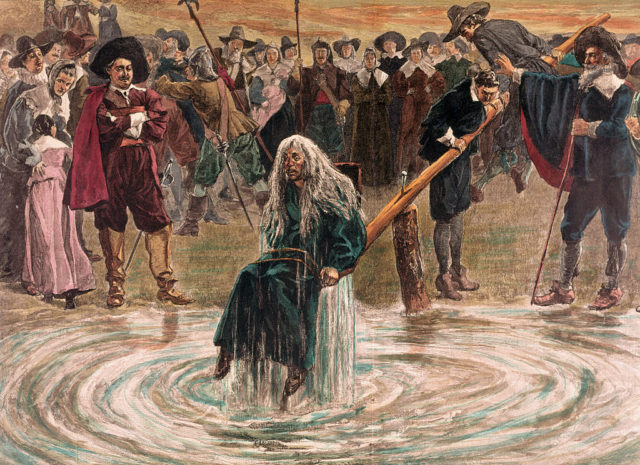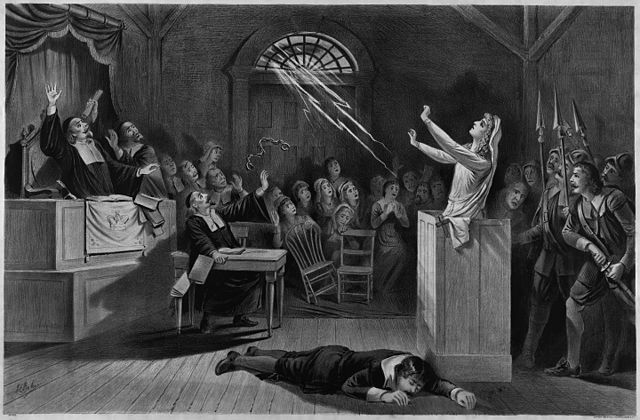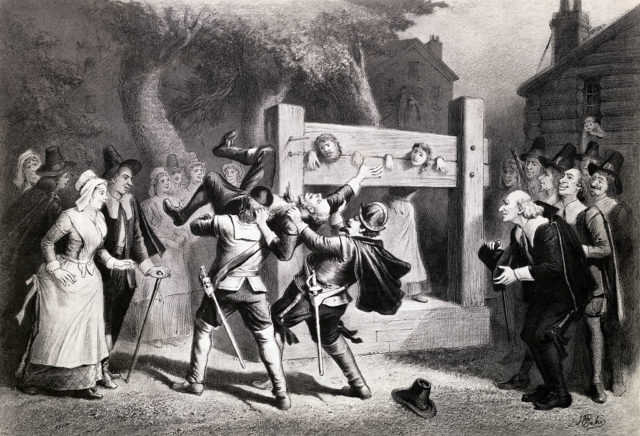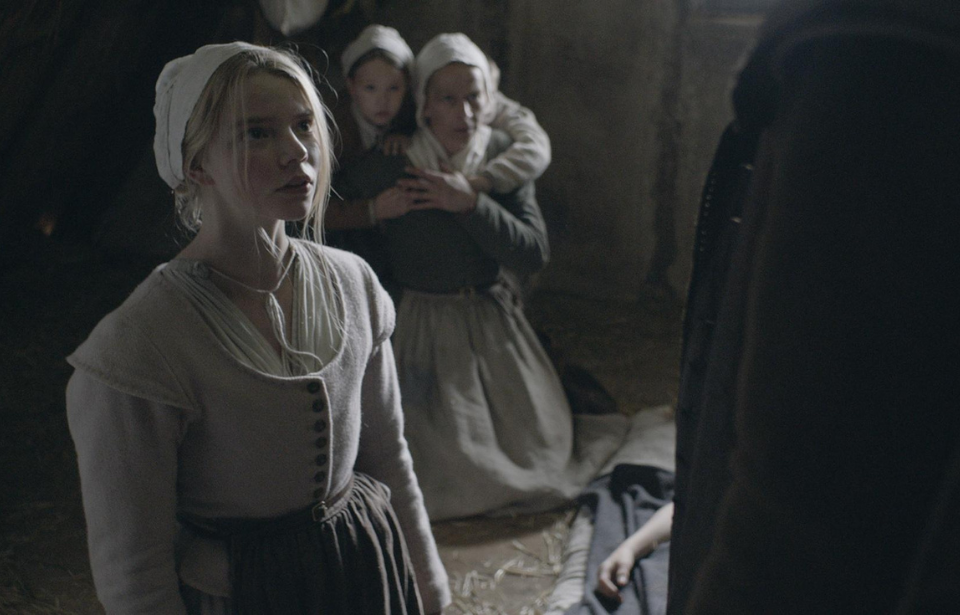The majority of people are aware of the witch trials held in Salem, Massachusetts during the late 17th century, but did you know the same hysteria occurred across northern Europe? Catalonia, in Spain, was one of the first on the continent to hold witch trials, and its government has recently tried to make amends for the region’s past.

The region’s government passed a measure in late 2021, allowing for the posthumous pardoning of over 700 witches who were killed between the 15th and 18th centuries. It also called upon local leaders to look into renaming streets in honor of the victims. Out of 135 votes, 114 were in favor of the measure, while 21 were against.
“We are heiresses of the witches, the poisoners and the healers,” Catalonian parliament member Jenn Díaz told Vice News. “There has been an evolution – today they call us feminazis. There is a connection between witch hunts and femicide. We want reparation and an understanding that the past is not as distant as we think.”

Between 1580 and 1630, it’s estimated that 50,000 individuals were sentenced to death for witchcraft across Europe. Of that number, approximately 80 percent were women.
The witch hunts in Catalonia were some of the first and began locally, with villagers enlisting the help of witch hunters. While the vast majority of Spaniards were skeptical of the existence of witches, thanks to the Inquisition, rural areas under the rule of feudal lords were more likely to believe in accusations of witchcraft and magic.
Those accused of witchcraft were typically independent women or those who practiced traditional medicine, and the majority of accusations came following a natural disaster, a failed harvest or the unexplained death of a child. In Catalonia, a confession alone was enough to prove guilt, unless the Inquisition was called in. In the majority of those instances, the accused were set free, due to a lack of evidence.
Those unlucky enough to be found guilty were hanged, in accordance with the secular courts of justice. It was cheaper than burning the women at the stake and didn’t waste firewood.

More from us: Matthew Hopkins – The most proficient witch-hunter during the English Civil War
Catalonia wasn’t the first region in Europe to confront its history regarding witch trials. In 2008, Switzerland pardoned a “witch” accused of killing a young girl in 1782, while in 2011, the government of Vardø, Norway erected a tribute to the area’s witch trial victims.
